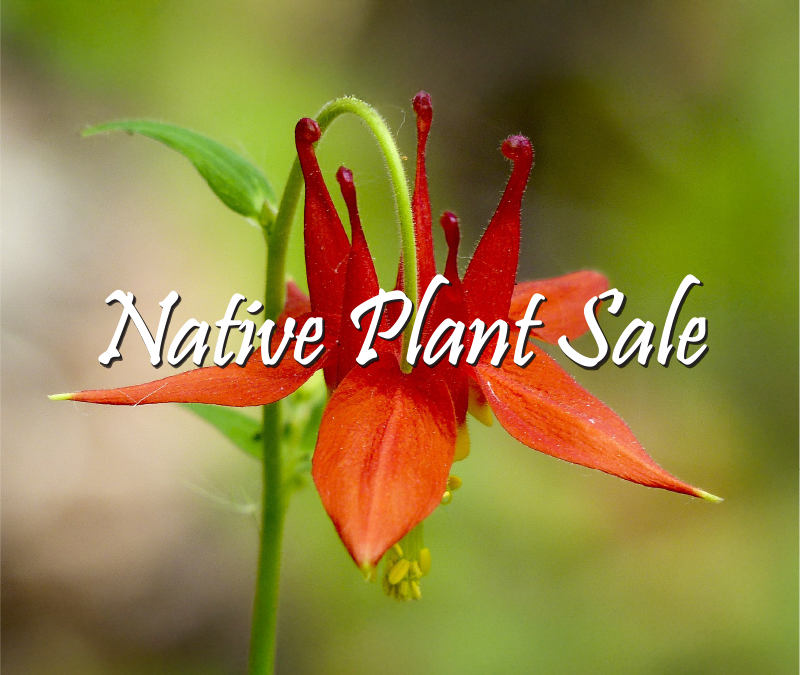
April 15, 2025| Environment, Events
By: Holly Odgers
Online ordering for our 9th annual native plant sale begins at noon, Friday, April 25, but you can get a sneak peek right now at more than 50 varieties of native plants available at lhfplantsale.givesmart.com!
The sale includes native favorites like asters, bluebells, milkweed, and phlox, plus a few new options like blue flag iris, rose coreopsis, and crooked stem aster. By using the "categories" button at the top of the sale page, you can sort available plants for options that are deer resistant, pollinator, or likes shade. or even by color. Pickup for online purchases will be on Saturday, May 3, from 9 am to noon, at the Lake Hopatcong Foundation, 125 Landing Road, Landing.
If you're looking for inspiration, join us on Thursday, April 24, at 7 pm (the evening before our sale opens!) for our spring program, Why Native Plants? Creating a Home Wildlife Preserve with Kathy Wilson, local naturalist and Chapter Leader of the Sussex County Native Plant Society. Kathy will share practical tips for transforming your yard into a climate-resilient landscape that supports pollinators, birds, and clean water.
Location: Lake Hopatcong Foundation, 125 Landing Road, Landing
Time: Program begins at 7 pm (doors open at 6:30 pm)
Cost: Free (donations appreciated)
More information and registration are available HERE.
Native plants naturally occur in the region where they evolved and are beneficial to the local environment. They are adapted to the landscape, requiring less water, fertilizer, and maintenance once established.
Native plants play a vital part in the world's ecosystem and are important for the healthy populations of birds, native bees, butterflies, bats, and many mammals. They provide significant support for many pollinators, such as the Monarch Butterfly, whose populations are under stress. Pollinators play a crucial role in the production of fruits and vegetables, as well as the health of plant and wildlife communities.
Natives can even improve water quality. Their deep root systems effectively hold soil in place and help filter out pollution from stormwater runoff. allowing heavy rainwater to be absorbed into soils rather than overflowing into storm drainage systems, protecting our waterways and reducing flooding
We hope you will choose to add some native plants to your yard or garden this spring!